Last weekend, I volunteered to manage media coverage for my local Korean association’s annual celebration. For years, I had kept my distance from Korean-related activities abroad, uncertain of my place within the community. The painful memory of being Korean yet never truly an insider had pushed me away. But recently, with growing comfort in my own identity, I felt the urge to connect.
The event brought together a diverse mix of Koreans in Switzerland: expats, embassy staff, adoptees, international couples, and students. As I moved through the crowd with my camera, I found myself not just documenting but observing how each group navigated their sense of belonging.
The Adoptees
The presence of middle-aged Korean adoptees was particularly poignant. Many were sent abroad in the 1970s and are now on a profound journey to reconnect with their roots. Some have visited Korea, sought biological families, or joined adoptee associations. Their stories, often a blend of hope and unresolved questions, highlight a complex and painful chapter in history. I once accompanied a Korean adoptee on her voyage to Seoul, a deeply emotional experience that has stayed with me since.
International Marriages
International marriages added another layer of identity exploration. Does marrying a Swiss person diminish one’s Koreanness, or does it create a hybrid identity? I met women who had lived in Switzerland for decades, raising children who spoke fluent French or German but only fragments of Korean. These children, living between cultures, face the challenge of shaping their own identities. It made me reflect on myself, as someone who has navigated the ambiguity of cultural nuances all my life.
The Students
To my surprise, many young university students attended the event. When I struck up a conversation, I learned they were studying in Geneva and Lausanne.
“Do you study in French or English?” I asked.
“French, of course!”
“So, you studied French before coming here?”
“We attended a private French high school in Seoul.”
Their experiences reflected a world more interconnected than the one I grew up in. In my student days, being the only Korean in school felt isolating. These students, raised with the purpose of studying abroad, represented a shift in Korea’s global presence.
The Anthem
As the event began, the Korean national anthem played. I noticed a lack of widespread singing. Was it distance from their roots, unfamiliarity, or a deeper shift in identity? I wondered if they identified more strongly as Swiss. Perhaps it was a mix of all these things.
A Korean singer-songwriter, touring Europe, performed indie pop with electronic influences. His unique sound captivated the audience. As I photographed, his Swiss manager approached me.
“Are you a journalist?” she asked.
“No, just the camera person,” I replied with a smile.
Yet, perhaps I was more than that—an observer, a storyteller capturing the essence of a community. Later, when the Swiss national anthem played, nearly everyone sang with resonant and clear voices. This contrast raised further questions. Was it simply greater familiarity, or a conscious declaration of belonging? It felt like a visible sign that Switzerland had become home.
Together
As the event drew to a close, a remarkable scene unfolded. Without a word, everyone began tidying up the space—tables folded, chairs stacked—with an effortless grace. This unspoken choreography reflected a shared sense of purpose and belonging. In those moments of collective action, the feeling of community was palpable.
What does it mean to be a ‘foreigner’? This event illuminated the fluid nature of identity, showing how individuals navigate their cultural heritage not as a static label but as a living experience. The search for belonging is about more than physical location; it’s about finding a home within, a place where all parts of oneself can coexist.




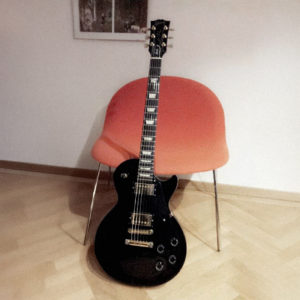
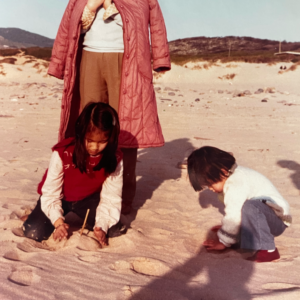

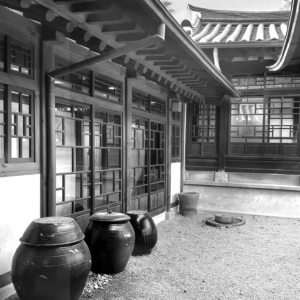


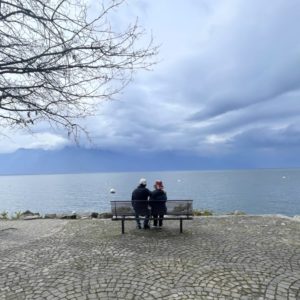
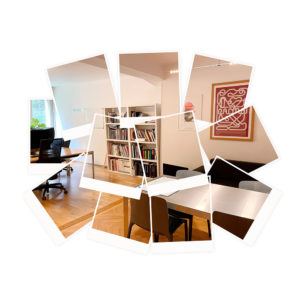
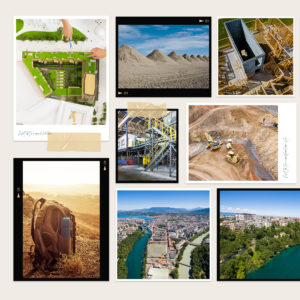
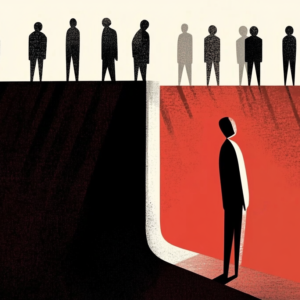

0 Comments